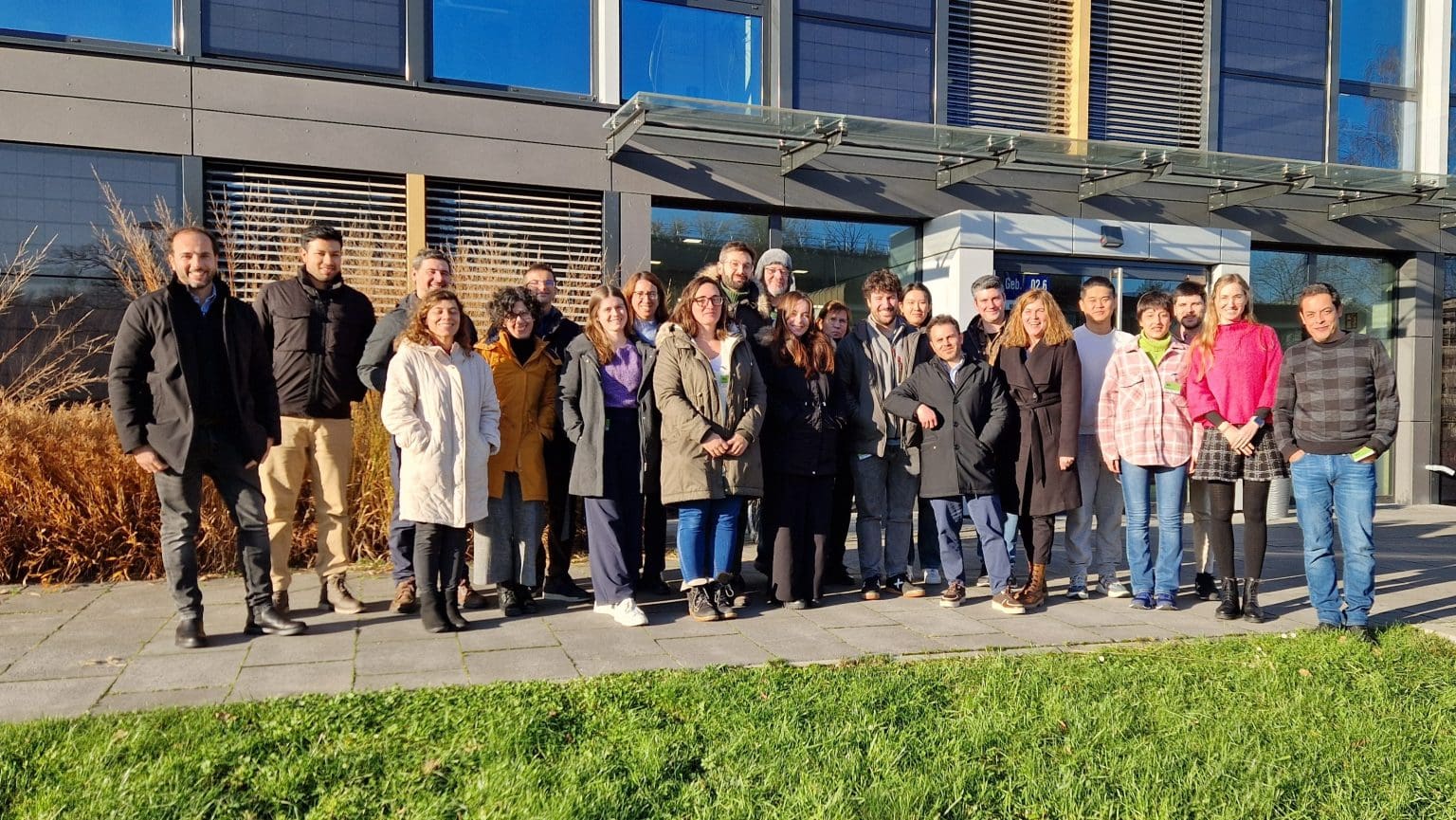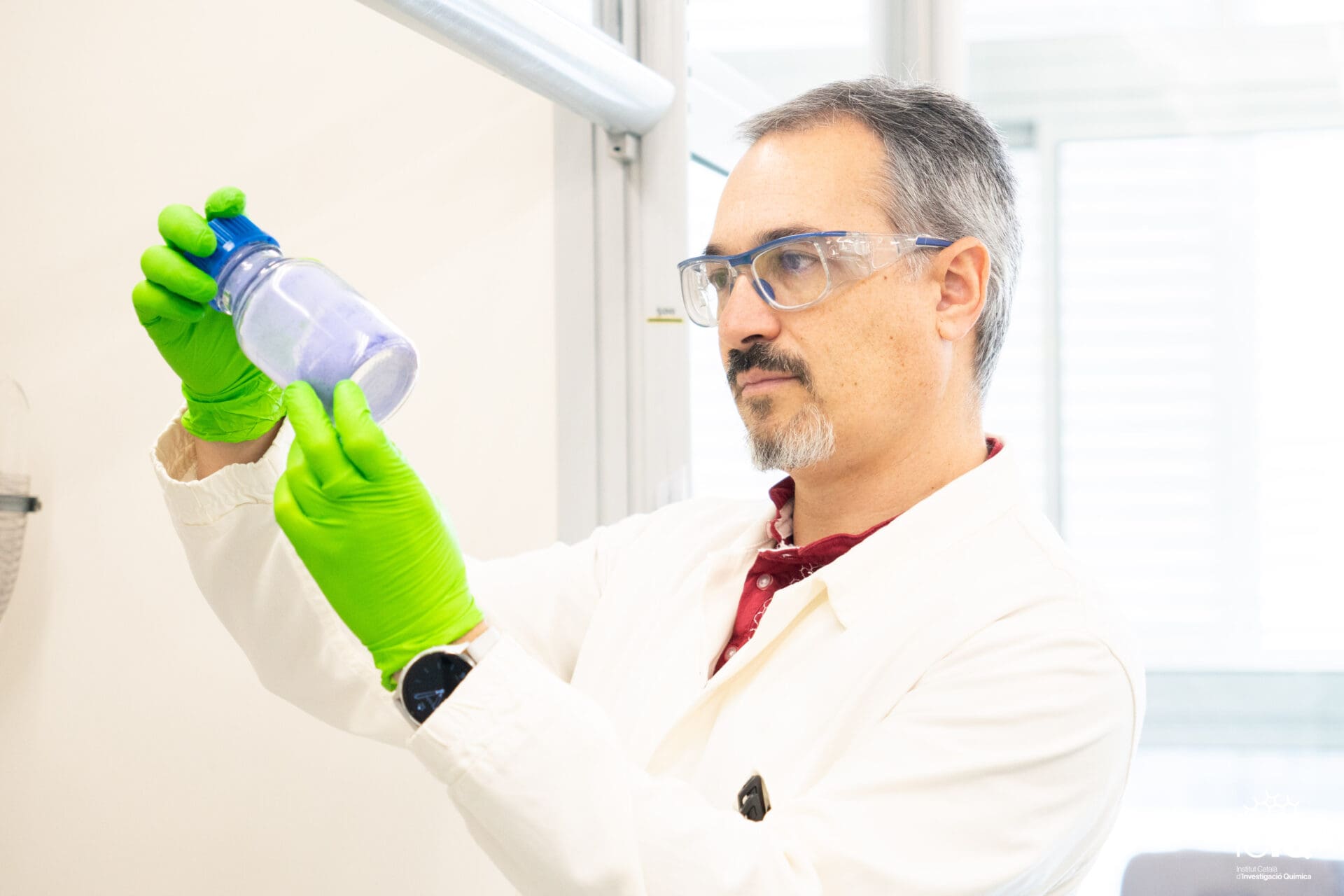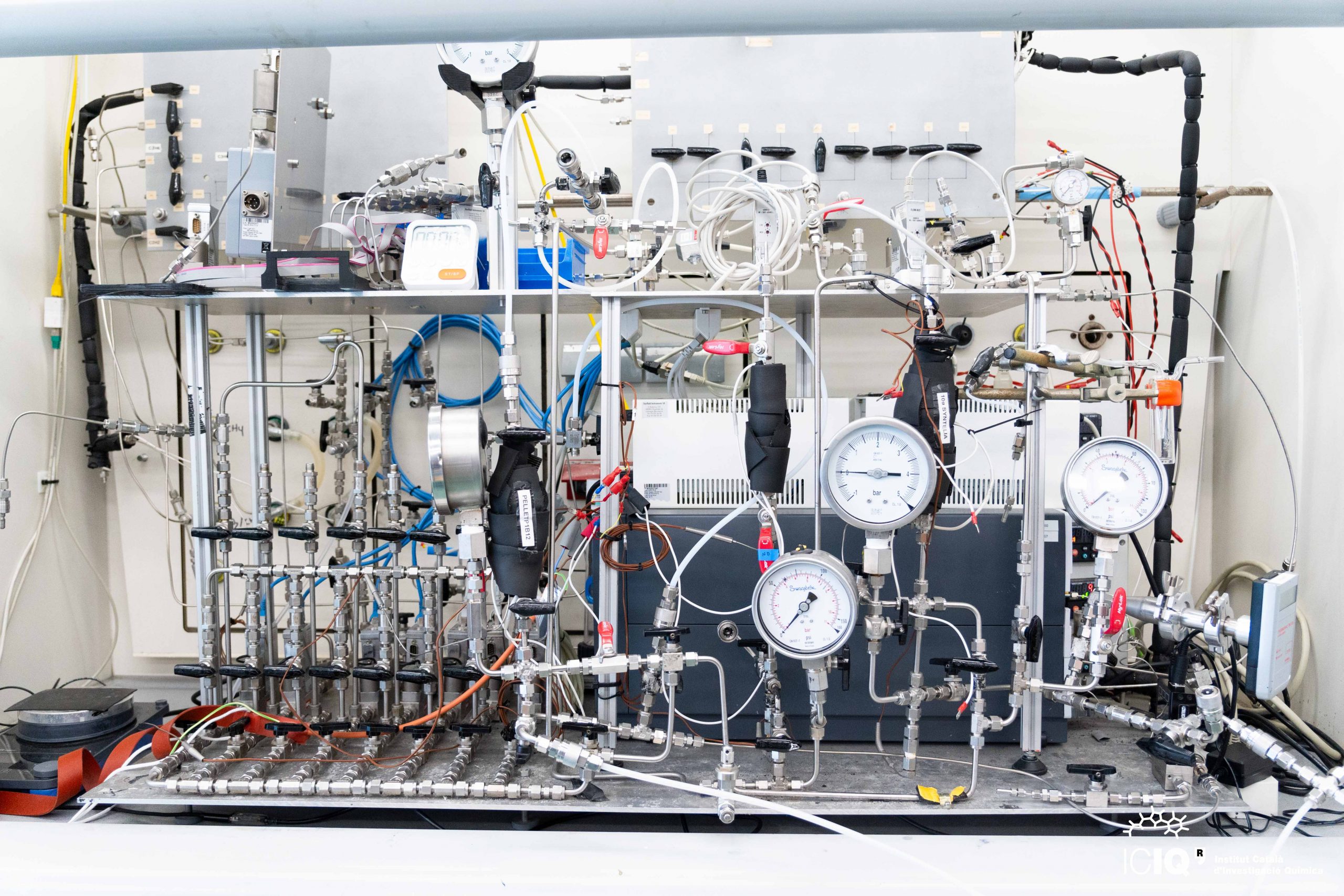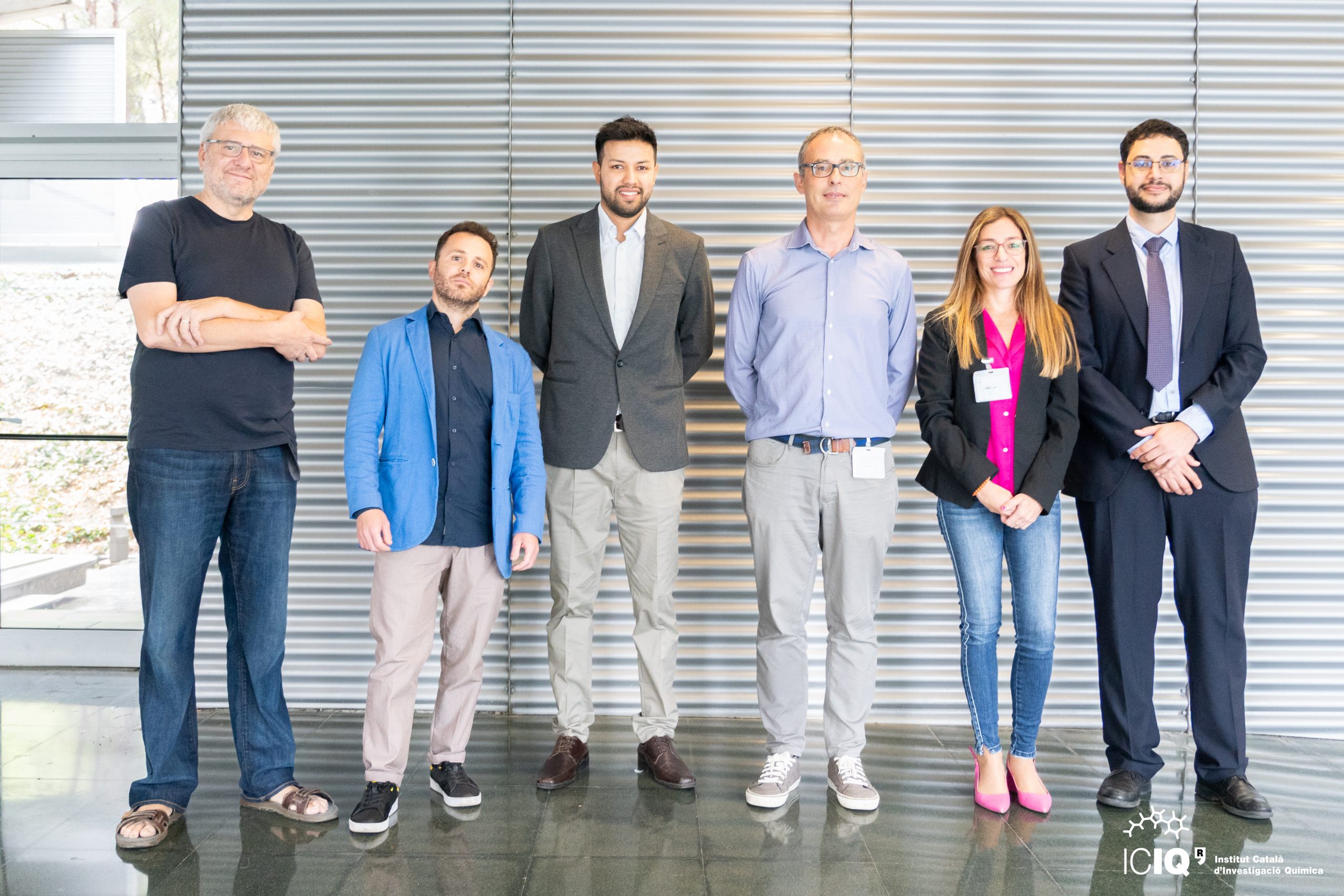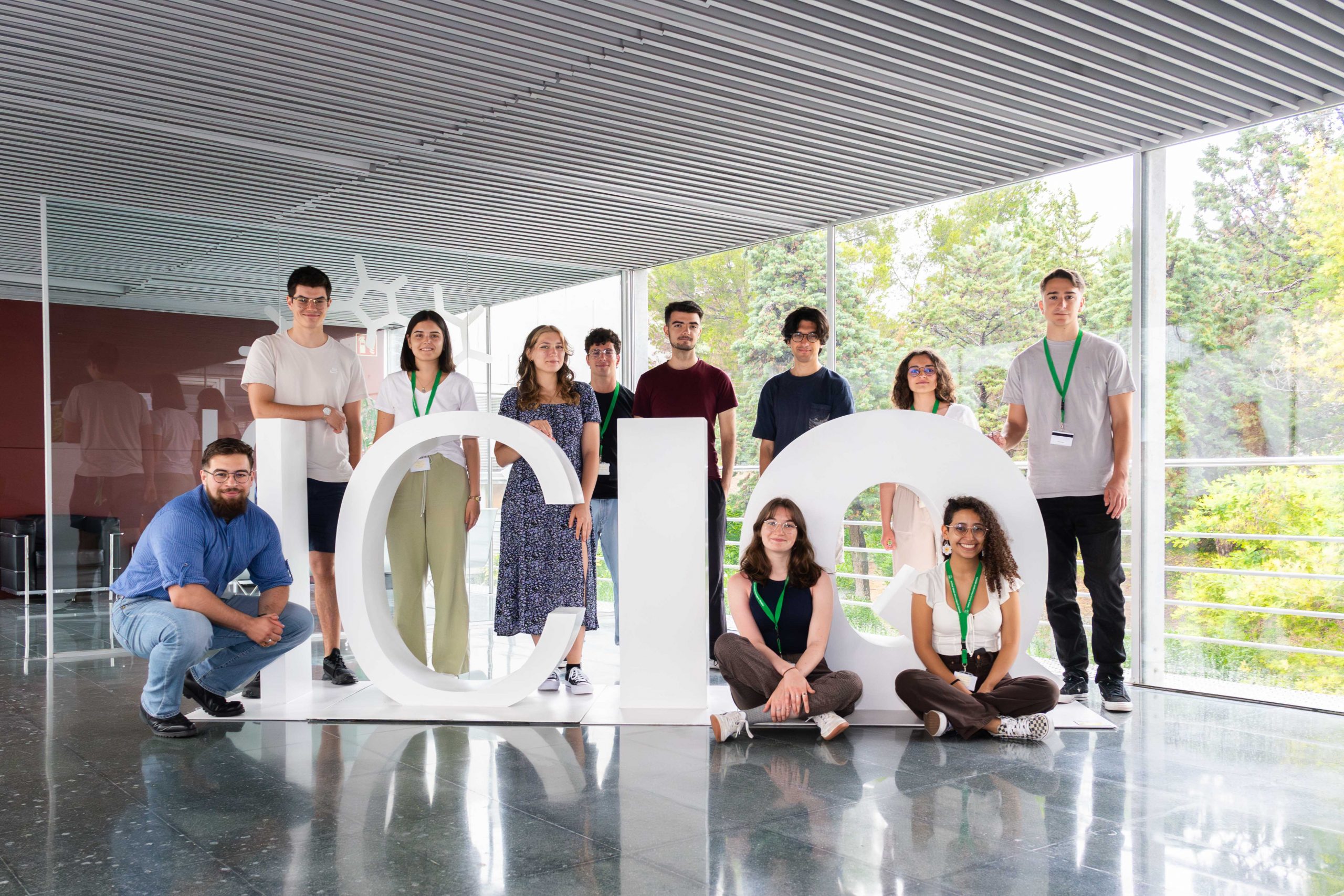Orchestra Scientific: a new spin-off to capture CO₂
Last year, ICIQ researchers discovered a blue material capable of ‘trapping’ CO₂ molecules. This new material –a metal-organic framework– slows down CO₂ molecules, allowing the separation of carbon dioxide in a mixture of gases. Now, researchers will commercialise said technology with a new spin-off company – Orchestra Scientific. Orchestra only kicked off a few days ago, but has already attracted several investors around the country.
This novel technology, fully developed at ICIQ in Tarragona, incorporates the blue MOF into thin plastic layers that, rolled up, can be introduced in gas pipes and reactors. When gas mixtures circulate through these rolls, CO₂ molecules are slowed down and separated from the mixture, which is particularly useful for biogas refinery.
Biogas is a renewable fuel obtained by fermentation of organic matter such as compost or biomass. Biogas is mainly composed of methane and carbon dioxide. The former would have a tremendous impact on pollution if directly emitted to the atmosphere, thus it’s normally burned down. “Methane has a greenhouse effect 21 times bigger than carbon dioxide, yet we often forget the danger it represents,” explains Dr. Cristina Sáenz de Pipaón, Orchestra’s CEO. “However, if you separate the two gases, they both have an added value we can take advantage of,” she adds.
Biogas has to be refined into methane in order to use it as ‘natural gas’. The hardest part of biogas refining is to remove carbon dioxide, which normally represents 35% of the mixture. Nowadays, only 500 plants in Europe carry out this process, but business is expected to grow to more than 10.000 biogas refining plants in 2020. Refining processes –based in cryogenic methods, high pressures, and hazardous chemicals– are expensive and highly contaminant. The MOF-based membranes developed at ICIQ are more sustainable, they work at atmospheric pressure, at room temperature, and save up to 25% in electricity when compared to the available membranes.
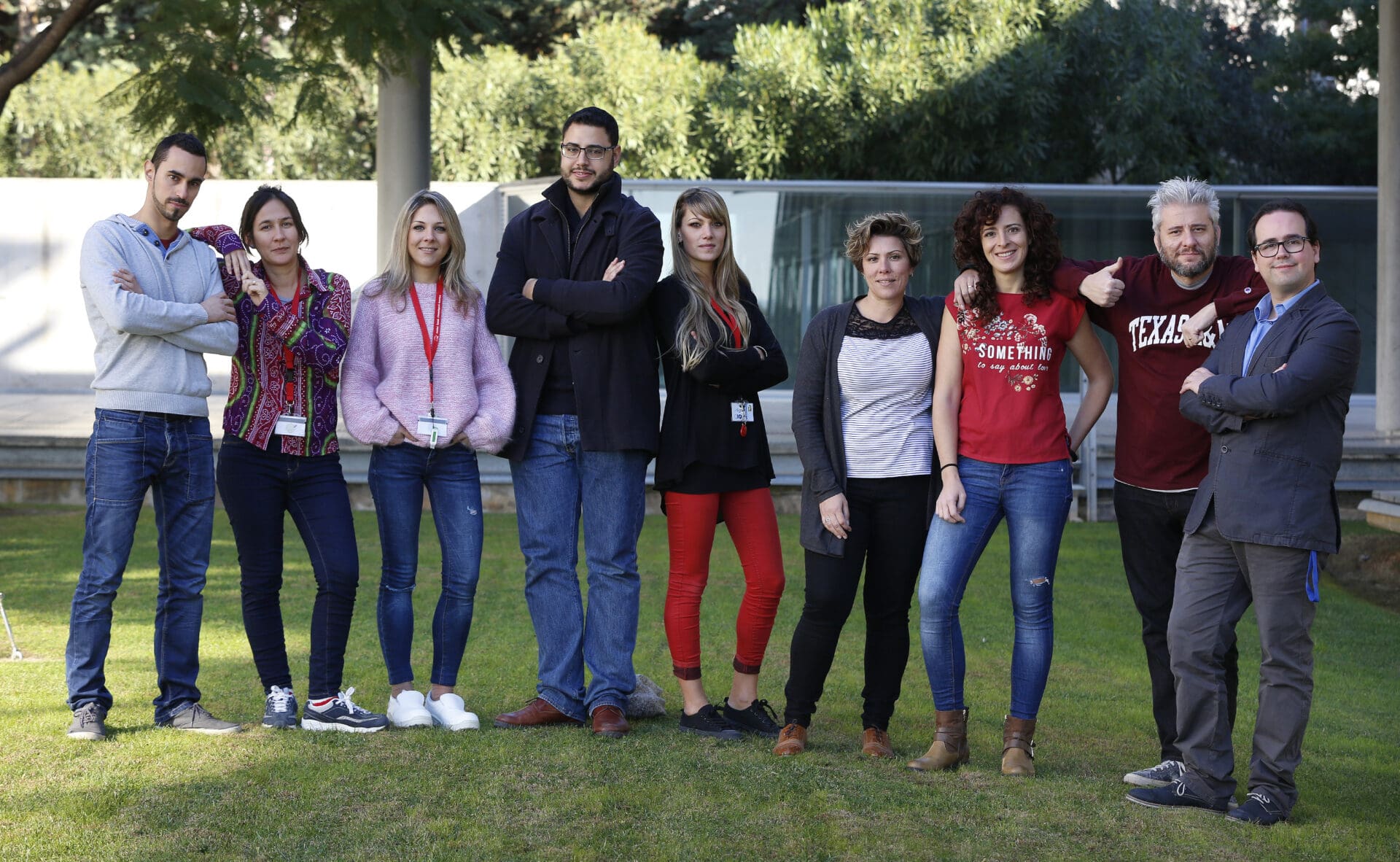
ICIQ team in charge of the development of the novel membranes is formed by: Dra. Neus Corella, Dra. Vanesa Lillo, Dr. Jesús González, Dra. Mabel Torréns, Samantha Grand and Mabel de Fer. Orchestra Scientific is led by Cristina Sáenz de Pipaón (CEO) with the collaboration of José Ramón Galán Mascarós (Scientific Advisor), Elías Daura (CFO), José Luis León (CCO) and Álvaro Reyes (CTO).
Orchestra Scientific is now looking for partners willing to use their technology. Moreover, it’s looking into additional applications of the membranes, such as the separation of CO₂ from industry emissions. The project was born inside Prof. José Ramón Galán-Mascarós’ group, and grew thanks to the support of the Obra Social “la Caixa” Foundation in ICIQ’s Incubator Call. Orchestra highlights that their success is all due to the hard work of ICIQ researchers, who worked during several months in this project. They also have the support of the European Research Council thanks to a ‘Proof of Concept’ grant that will allow them to further develop the technology. Orchestra has been selected finalist during the ‘CleanTech Camp’ organised by KIC-Innoenergy with the sponsorship of Gas Natural Fenosa among other companies. They are also participating in different training and incubator plans thanks to the project ‘Tarragona Open Future’.
Related news

Let's create a brighter future
Join our team to work with renowned researchers, tackle groundbreaking
projects and contribute to meaningful scientific advancements
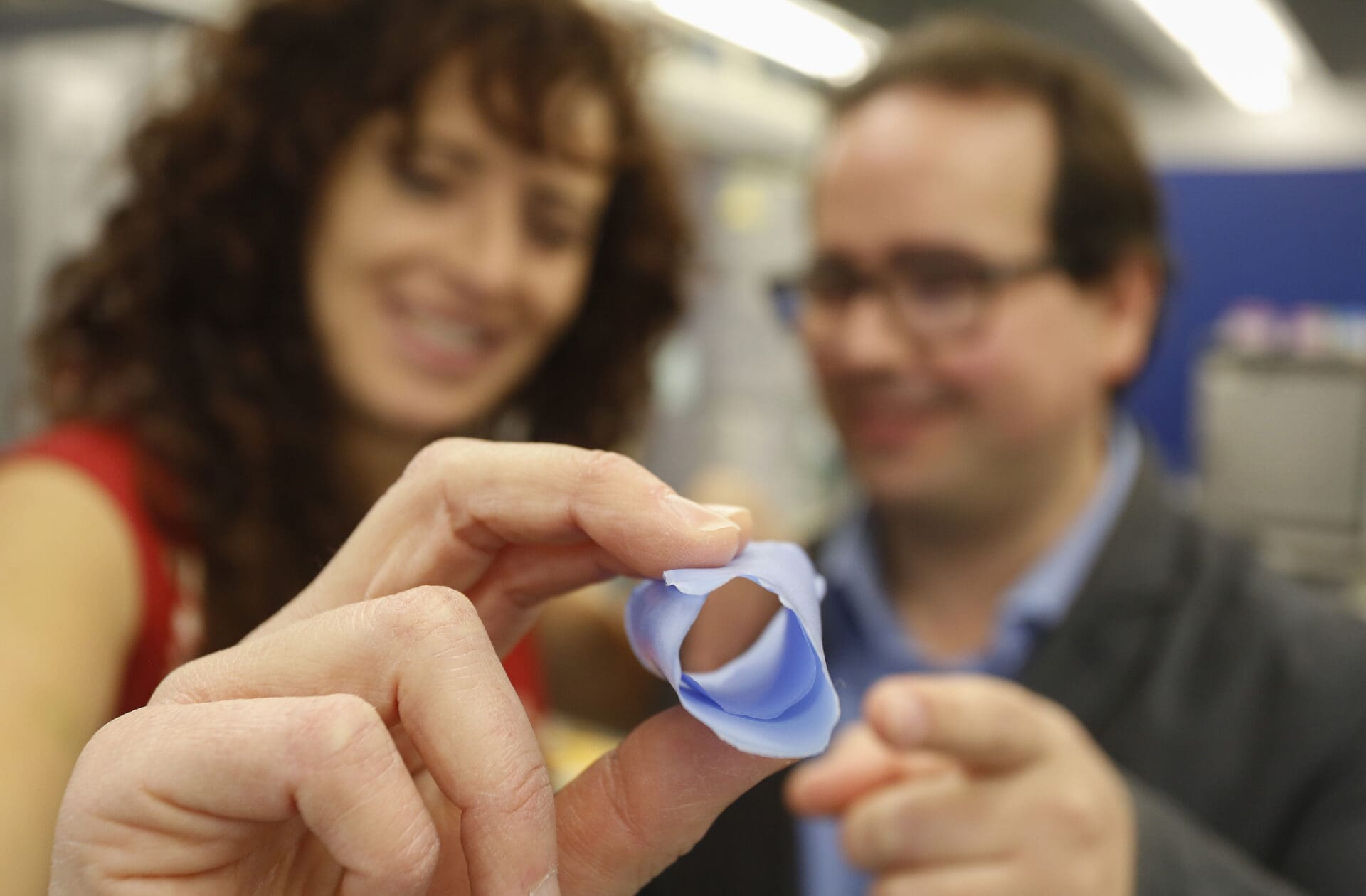





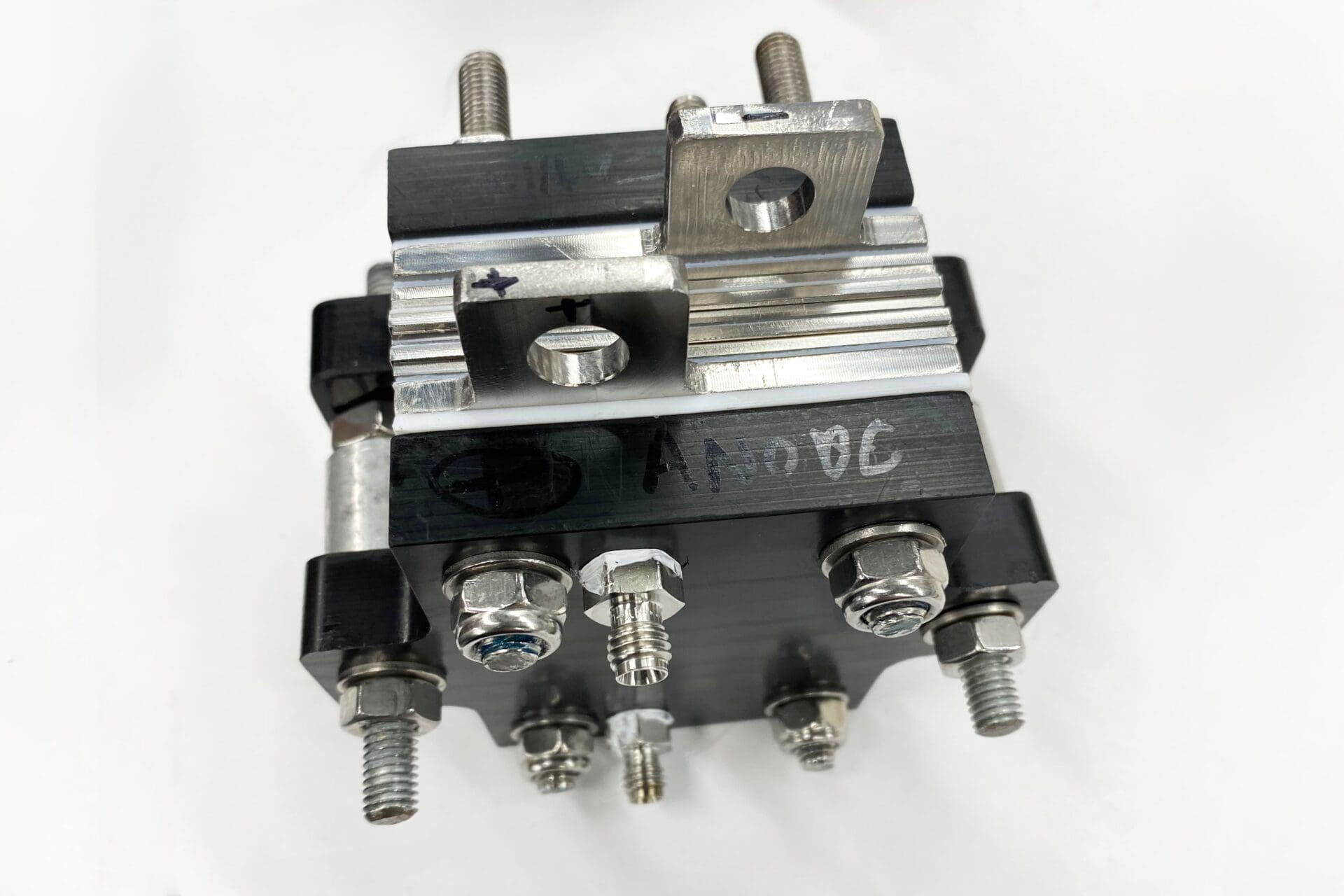
 09-12-2024
09-12-2024 